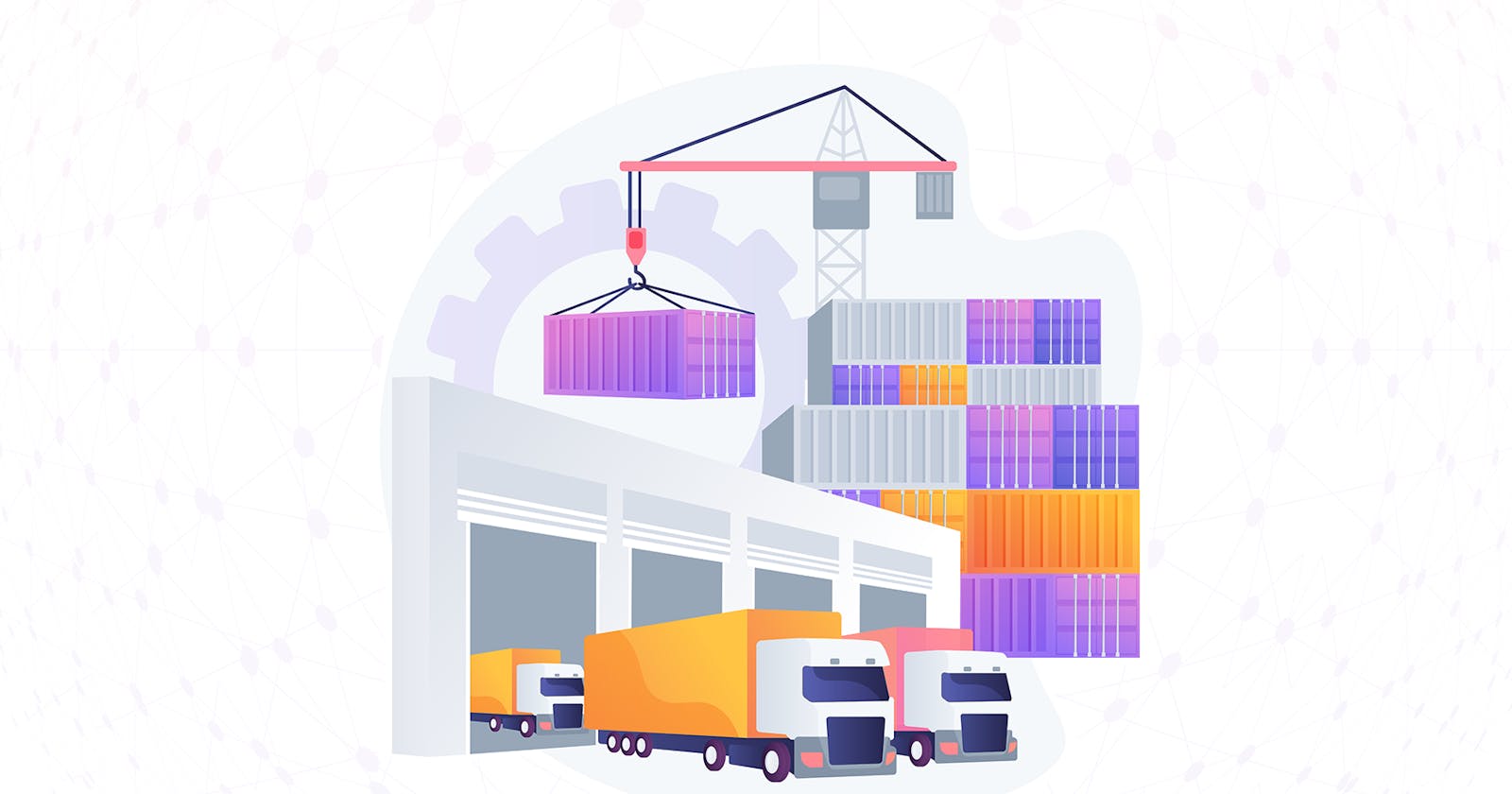Technical Dive: Kwik Pik Leveraging Hedera to Provide DePin in Africa
3 min read

One of the biggest problems faced in the African transportation sector is the lack of infrastructure. The poor road networks and lack of proper address systems are a testament to that.
This affects how delivery services are carried out, tracked, or managed. Kwik Pik understands this and leverages Hedera Hashgraph to build a Decentralized Physical Infrastructure Network (DePIN) in Africa.
This article delves into the technical details of how we leverage Hedera to unlock new possibilities for logistics and empower communities across the continent.
Understanding the Blockchain
The internet is made up of data- the ability to collect, store, process, and utilize it securely. But it had one problem: No transparency.
This means users were generating data and the internet was collecting, storing, and processing the data but there was no way for users to see all these data activities.
Hence a better internet had to be built. An open, decentralized, and transparent system where users can see their data, and how it’s been processed.
That’s how the Blockchain came about.
Understanding The Hedera Blockchain
The Hedera DLT is one out of the many blockchains we have today. It’s a blockchain with high throughput, instant ordering, and lower transaction fees with a large focus on helping enterprises build.
Our decision to build on Hedera has allowed us to record and process data transparently and efficiently.
It has also helped us to offer a decentralized physical infrastructure network to Africans at large.
What is Decentralized Physical Infrastructure Network(DePin)?
DePin is a narrative in the Web3 ecosystem centered on how blockchain is used to develop physical infrastructure in the real world across fields like transport, energy, and wireless connectivity.
A simple illustration: Imagine building roads not with government contracts, but with token rewards and a network of independent builders, and all of their activities are recorded on the blockchain.
That's the essence of DePIN (Decentralized Physical Infrastructure Networks).
In the case of Kwik Pik, we are a delivery as a service DePin; building a decentralized ride-sharing network fueled by token rewards for drivers and riders, all recorded on Hedera DLT.
Kwik Pik as a DePIN in Africa
As an on-demand delivery as a service platform building to meet the needs of Africans through logistics solutions, Kwik Pik drives the DePin narrative by:
Leveraging Hedera DLT: By being able to track and record packages on the blockchain, we build trust and efficiency.
Being Scalable: Our infrastructure can grow organically and adapt to local needs.
Fostering Resilience: There are no single points of failure, every activity can be tracked on-chain, ensuring that our delivery network is robust and dependable.
Empowering Africans: The community ownership nature of Kwik Pik (as a result of our robust network of warehouses, vehicles, and kiosks owned by independent operators) creates jobs, provides financial inclusivity, and drives local development.
Real-time tracking: Every package is tracked on the blockchain, building trust and efficiency.
Conclusion
In conclusion, Kwik Pik's DePIN built on Hedera is not just about delivering packages; it's about building a more inclusive, resilient, and prosperous future for Africa. Through the blockchain, Kwik Pik is unlocking a new era of decentralized infrastructure, empowering communities, and shaping logistics in Africa.
Download our app| Become a rider| Become a business partner| Visit our social channels